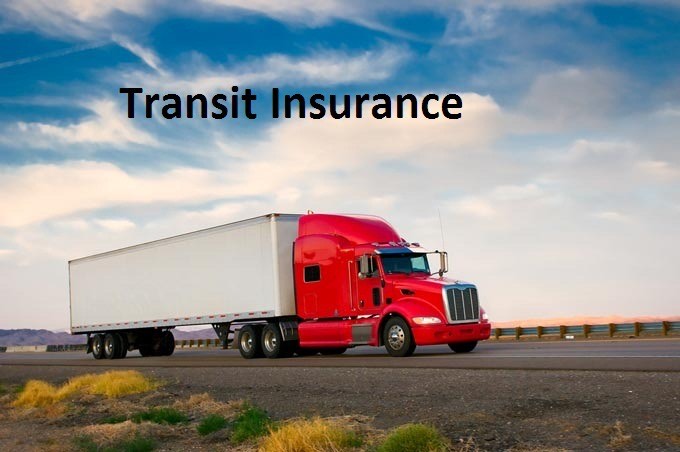Introduction:
In the dynamic realm of global commerce, where products journey across vast distances and through various modes of transportation, the vulnerability of goods to unforeseen risks is ever-present. Transit insurance emerges as a critical solution, providing a safety net against the uncertainties inherent in the logistics landscape. This guide is designed to unravel the intricacies of transit insurance, offering a comprehensive understanding of its importance and functionality, empowering businesses to fortify their cargo against potential risks.
Why Transit Insurance Matters:
Financial Protection: Transit insurance acts as a financial shield, mitigating the impact of potential losses on businesses. Whether it’s damage during transportation or loss due to theft, having a robust transit insurance policy ensures that the financial burden is shared with the insurance provider, preventing substantial financial setbacks.
Minimizing Business Disruptions: In the interconnected world of global trade, disruptions in the supply chain can have cascading effects. Transit insurance not only protects the physical goods but also aids in maintaining the continuity of business operations by providing avenues for swift recovery after unforeseen events.
Legal Requirements: In many cases, transit insurance is not just a prudent choice but a legal requirement. Various international and local regulations mandate businesses to have adequate insurance coverage for their shipments, ensuring compliance with laws and regulations governing the movement of goods.
Types of Transit Insurance:
Marine Cargo Insurance: Tailored for goods transported via sea, marine cargo insurance covers risks specific to maritime transportation, including vessel-related accidents, piracy, and damage caused by saltwater.
Inland Transit Insurance: For goods transported within a country but not by sea, inland transit insurance provides coverage for risks such as accidents, theft, or damage that may occur during transportation by road, rail, or inland waterways.
Air Cargo Insurance: Focused on air transportation, this type of insurance safeguards goods in transit insurance against risks associated with air travel, including accidents, delays, and handling damages.
Road Transit Insurance: Designed for goods transported by road, this insurance covers risks such as accidents, theft, or damage occurring during truck transportation.
Rail Transit Insurance: Tailored for goods transported by rail, this insurance addresses risks unique to rail transportation, such as derailments, collisions, and theft.
Tips for Effective Risk Mitigation:
Continuous Assessment: Regularly assess and update your risk management strategies. The transportation landscape, as well as the nature of risks, can evolve, requiring ongoing evaluation of your risk mitigation plans.
Regular Policy Reviews: Conduct periodic reviews of your transit insurance policies. Ensure that the coverage aligns with the current value and nature of your goods, taking into account any changes in your supply chain or business operations.
Industry Best Practices: Stay informed about industry best practices in risk mitigation. Networking with industry peers, attending conferences, and staying abreast of emerging technologies and methodologies can provide valuable insights into optimizing your risk management approach.
Invest in Quality Packaging and Labeling: Robust packaging and clear labeling contribute significantly to risk reduction. Properly packaged and labeled goods are less prone to damage and mishandling, minimizing the likelihood of claims and losses during transit.
In an era of globalized trade and intricate supply chains, transit insurance is not merely an option but a necessity. This guide equips you with the knowledge and tools to navigate the complexities of transit insurance, empowering you to make well-informed decisions that safeguard your goods and contribute to the overall resilience of your business. Remember, investing in transit insurance is an investment in the security and success of your shipments.













